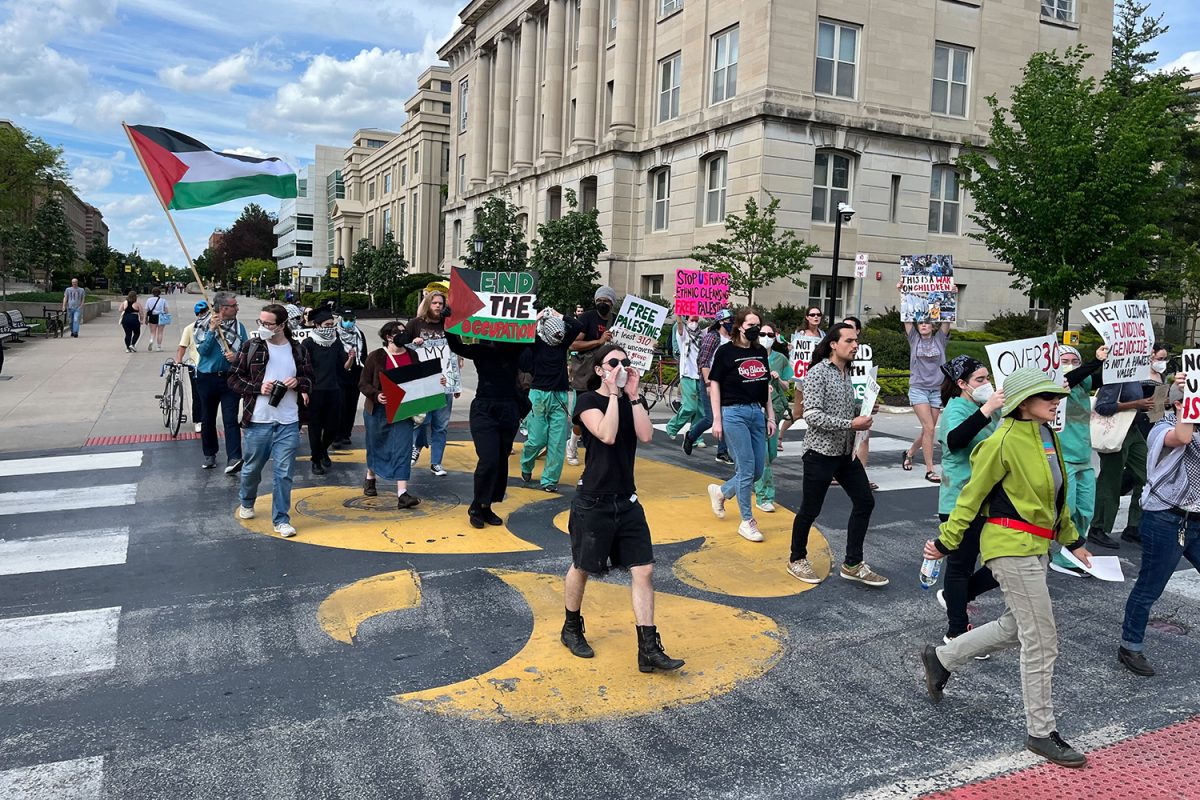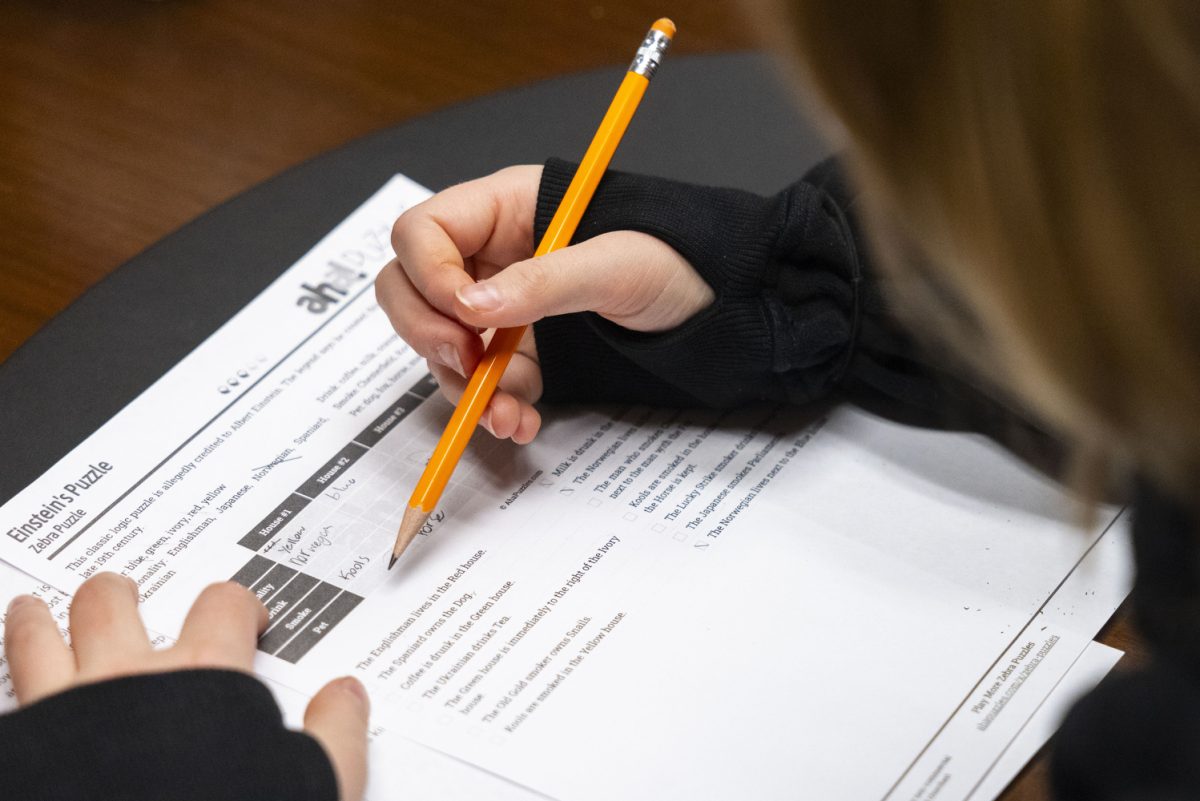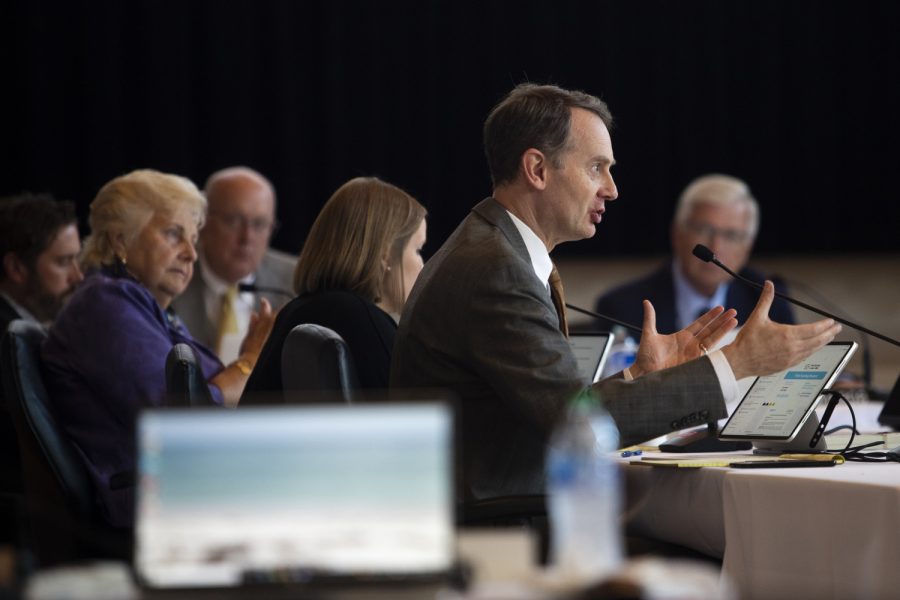By EMERY DALESIO, JONATHAN DREW, and MEG KINNARD
Associated Press
CHARLOTTE, N.C. — The fatal shooting of a black man by a police officer in Charlotte is only the latest shooting to raise questions about how the department uses body cameras.
Six people were fatally shot since body cameras were given to all patrol officers about a year ago. But the officers who fired the fatal shots in five of those cases — including Keith Lamont Scott — weren’t using the cameras.
The weekend release of police footage showing the shooting of Scott did little to ease some residents’ concerns about its handling. More than 100 people jammed City Council chambers Monday night to voice their frustrations, calling for Mayor Jennifer Roberts and Police Chief Kerr Putney to resign.
“We have no reason to trust you, and you’re giving us even less,” Khasha Harris said at the forum. “Deep down somewhere, your conscience has to be bothering you.”
The Rev. Milton Williams, the last speaker of nearly 50 at the meeting, blamed police for actions that led to unrest over two nights
“Our city’s in an uproar, and you did not respond. Police escalated that temperature out there,” Williams said. “No justice, no peace. I’m going to be preaching that every Sunday.”
Roberts and Putney have taken criticism for their handling of the aftermath of the shooting, including the delay in the release of video showing the shooting.
Scott’s family and advocacy groups complain the department divulged only about three minutes of footage from two cameras. The footage includes body camera video from another officer but not the black officer who fatally wounded Scott.
Scott’s family said he didn’t have a weapon. They have urged the police to release all other video footage it has, as well as audio recordings of communications that could clarify how the situation unfolded. A media coalition is also requesting more footage.
Putney has said the officer who shot Scott wasn’t wearing a body camera that day because he’s part of a tactical unit.
“Our tactical units don’t all have body-worn cameras at this point,” Putney told reporters on Sept. 24, adding they are to receive them in the future. He said previously he was reluctant to make officers in high-risk operations wear cameras showing tactics and locations.
The gun recovered at the scene of Scott’s shooting had been stolen and later sold to Scott, a Charlotte-Mecklenburg police source told the Associated Press on Monday. The source insisted on speaking anonymously because the State Bureau of Investigation continues to look into the case. Bureau Agent Erik Hooks declined comment when asked whether the gun was stolen.
The department said plainclothes officers who saw Scott with a gun and marijuana left the area to put on vests identifying them as police before confronting him.
If the officers “had the foresight to put on their police vest; why did you not put on your body cam?” asked Corine Mack, the president of the Charlotte NAACP chapter.
Susanna Birdsong, a legal policy expert for the American Civil Liberties Union, questioned whether the department is violating its own body-camera policy instituted in April 2015.
The policy, according to the department’s site, states the cameras must be activated in situations including arrests and encounters with suspicious people.
In three previous cases from December and January, the Mecklenburg County district attorney cleared officers who killed suspects who fired shots first. In one case, an officer wasn’t wearing a body camera because he was working off-duty security in uniform at a mall. A second case involved a tactical unit not equipped with body cameras. Footage existed in the third case but had poor quality, authorities said.
An April case being reviewed by the State Bureau of Investigation involved SWAT members — one of the Charlotte units that hasn’t worn body cameras. A June case involved patrol officers, but numerous media outlets reported that the officers were not using body cameras.
Charlotte police didn’t respond to an email Monday asking about these cases.
Putney said on Sept. 24 he released portions of video pertinent to the shooting and hoped to release the rest after a State Bureau of Investigation probe. But he acknowledged that a new state law taking effect Oct. 1 will likely require a judge’s approval for further releases of footage.







